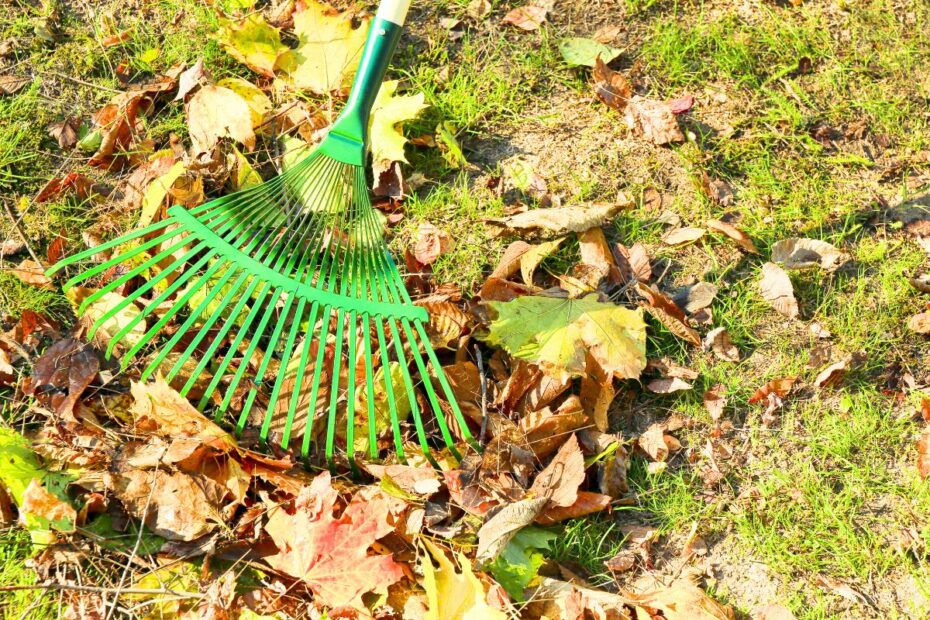Every autumn, the same ritual begins: the rake comes out, and we spend hours gathering piles of crunchy, fallen leaves to reveal a “clean” lawn. But here’s the twist — clearing every last leaf isn’t just unnecessary, it can actually harm your garden. According to ecologists and gardening experts, leaving some leaves on the ground is one of the simplest ways to support biodiversity and boost your soil’s health.
Dead leaves, a hidden refuge
Beneath that colorful carpet of leaves, a whole micro-world comes alive. The layer provides shelter for insects, butterflies, and countless tiny creatures that need protection during the colder months. Come spring, these insects become food for birds like chickadees and jays, fueling their survival and nesting season.
It’s a quiet but essential cycle. By letting nature be, you’re helping to sustain the food chain right in your own backyard. Instead of a “messy lawn,” what you really have is a natural wildlife habitat — a small contribution to the broader ecosystem balance.
Leaves as free fertilizer for your soil
One of the most common worries is that leaves will suffocate the grass. In truth, if they’re lightly shredded or moved away from walkways, they become a natural mulch with big benefits. At the base of shrubs or trees, leaves help the ground retain moisture, protect roots from frost, and slowly feed the earth as they decompose.
Worms, microbes, and fungi handle the recycling process on their own, turning those leaves into nutrient-rich humus. This organic matter boosts soil fertility without chemicals or effort — a free, effortless gift from nature.
Rethinking the tidy garden
Of course, no one’s suggesting you leave slippery leaves clogging gutters or covering your pathways. But outside those areas, there’s no real reason to collect them obsessively. Moving them to plant beds or leaving them under trees lightens your workload and supports wildlife at the same time.
Birds also benefit from the leftover berries and seeds that cling to shrubs through the fall. By resisting the urge to over-clean, you’re leaving behind resources that keep your garden buzzing with life.
A calmer approach to gardening
Letting go of the “perfect garden” ideal not only helps the environment, it makes our own lives easier. Less raking, less hauling, less fuss. In return, you get healthier soil, thriving plants, and the simple pleasure of watching nature take care of itself. Sometimes, the best gardening advice is to do less — and let the leaves work their quiet magic.
